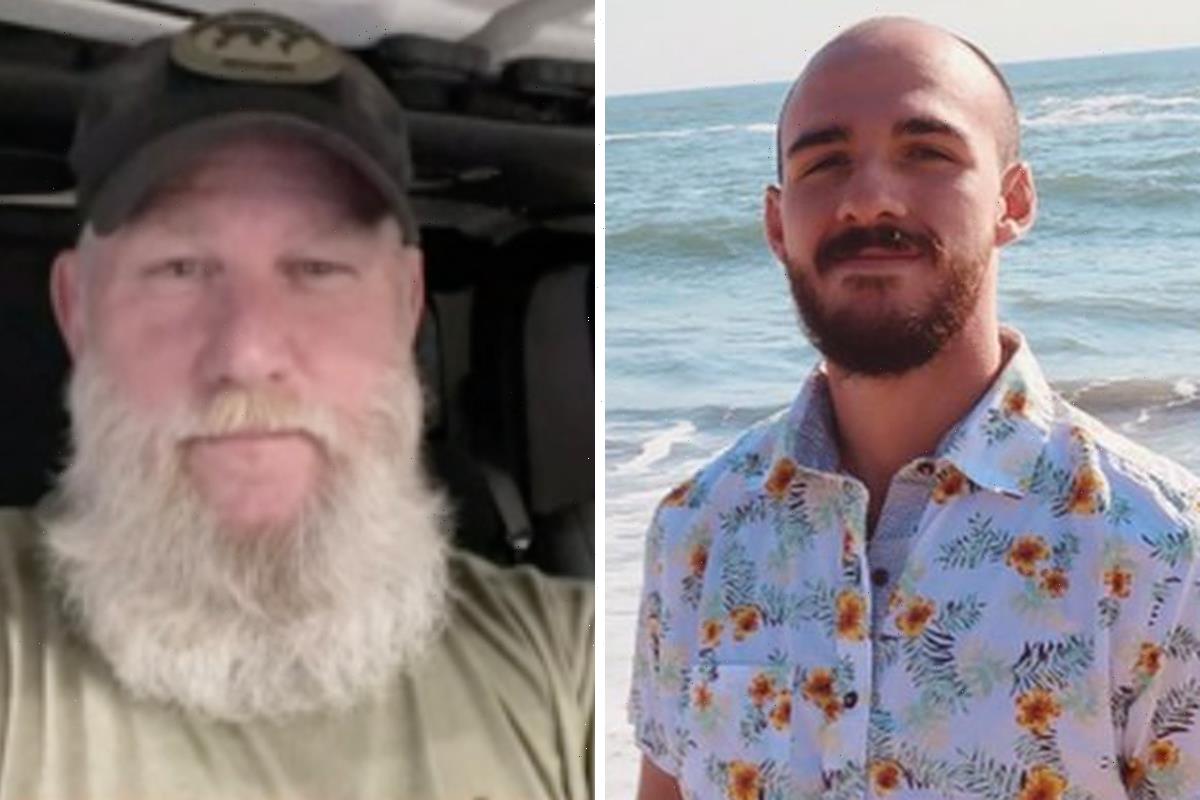Ridley Scott’s “The Last Duel” may hinge on two knights fiercely battling to the death, but the real protagonist is the woman at the center of the conflict, who was a footnote in history but finally given a voice by star Jodie Comer.
The “Killing Eve” actor plays Marguerite de Carrouges, a French noblewoman in the late 1300s who is raped by her husband’s friend and testifies in court. The accused knight Jacques Le Gris (Adam Driver) denies the crime, so Jean de Carrouges (Matt Damon) challenges him to a trial by a duel to the death to determine whether or not Le Gris is guilty. However, if de Carrouges loses the duel, the last to be legally sanctioned in France, his wife will be burned at the stake as punishment for her false allegation.
“I was looking forward to giving this woman a voice,” Comer told Variety at the Saturday night premiere of “The Last Duel” in New York. “There was so little information about her, and she was the one who experienced this horrific attack, yet there was a whole encyclopedia about the men and how they fought and what they wore and who they were. To hear the creators’ main focus was to give her the opportunity to speak her truth was what really grabbed my attention.”

The movie is split into three chapters. Each is told from a different character’s perspective of the events surrounding the rape and leading up to the duel. First is Jean de Carrouges, then Le Gris, and finally Marguerite de Carrouges, whose chapter is labeled as “The Truth.”
“The more we learned about this culture in medieval France, the more incredible she became,” Damon told Variety. “She stood up and spoke truth to power, at great risk to herself again and again and to an ever widening group of people. She was an enormously brave, heroic person. Our takeaways reading the book was this was the kind of person you should make a movie about.”

Damon, Ben Affleck and Nicole Holofcener co-wrote the script, which draws clear parallels to the politics and fights for women’s rights today, despite taking place more than 600 years ago.
“You certainly can’t leave the movie and say, ‘Well that was a long time ago. Thank god, that’s not happening anymore,’” Holofcener told Variety. “I’m sure people will come out of the movie saying, ‘Jesus Christ, that was a long time ago and we’re still dealing with this.’ Maybe not people being burned at the stake in this country…but things are getting better and more people are speaking out if they choose, and I think that’s great.”

Added Comer, “It’s pretty evident that we’ve come so far in so many ways, and yet in many we haven’t learned anything, especially in regards to women experiencing sexual assault and women still fighting for autonomy over their bodies. It’s kind of depressing when you go, ‘Oh gosh, it still feels like we have another 600 years to go.’ Hopefully that really isn’t the case…It really holds a mirror up to society.”
Source: Read Full Article


